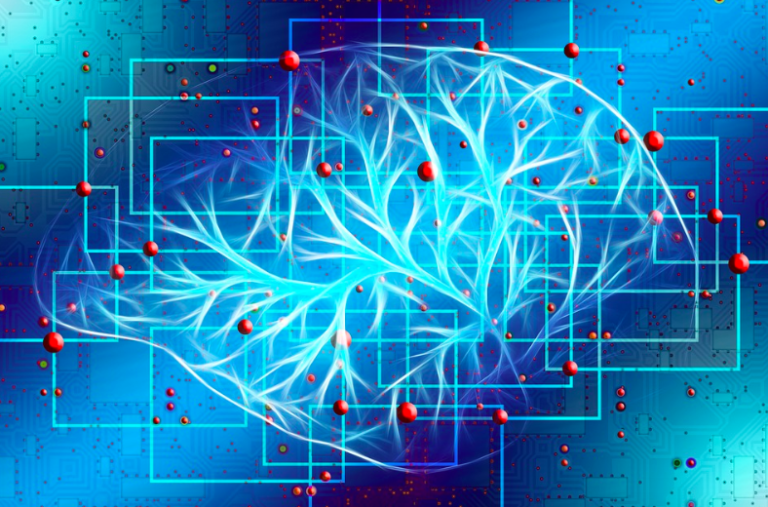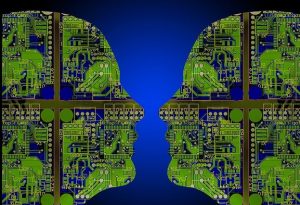Thanks to Hollywood and the popularity of television shows such as “Westworld,” many people associate artificial intelligence (AI) and machine learning primarily with robots. In reality, the applications for AI are far wider reaching. Sectors as disparate as logistics, maintenance, health care and even education can benefit from AI technology.
Logistics
Supply chains can benefit greatly from the application of AI. Logistics companies create a high volume of data, both structured and unstructured. AI helps companies analyze that information and then applies insights accordingly. AI offers logistics firms the capabilities to optimize their physical and digital networks in ways that can’t be done solely with human brainpower. “Artificial Intelligence in Logistics,” a whitepaper produced jointly by IBM and DHL, concludes that, “AI can help the logistics industry to redefine today’s behaviors and practices, taking operations from reactive to proactive, planning from forecast to prediction, processes from manual to autonomous, and services from standardized to personalized.”
For example, for several months in 2017, fidget spinners unexpectedly captured 20 percent of all U.S. retail toy sales. That overwhelmed air freight and express networks. To avoid a repeat of such logistical chaos, AI could be employed to analyze YouTube video views, online browsing data and conversations on social media to identify an increase in a particular topic, using a semantic understanding of unstructured text. Predictions regarding which fads could boom — such as fidget spinners — could be quickly calculated based on data analysis. Because today’s global supply chains are nimble, just a few weeks’ lead time provides an important advantage to businesses facing unexpected spikes in demand.
Education
Georgia Tech students encountered AI directly when their professor covertly created a teaching assistant that was actually a chatbot. Jill Watson discussed assignments with students and answered their questions. At the end of the semester, the professor revealed that “Jill” was not exactly who they thought she was. Using AI to answer largely routine questions allows the professor and human teaching assistants to focus on more complex issues, such as preparing lectures and doing research.
In addition, teachers are using AI tools to assess students’ strengths and weaknesses, and then using that information to create customized learning materials. For instance, AI and machine learning can track the steps students take as they solve math problems. Teachers can personalize their lessons based on the students’ strengths and weaknesses and target specific skills.
Health Care
Because health care has such serious consequences, it has, to some extent, been slower to adopt AI than it has other technologies, such as the internet of things. The goal is to enable automated treatment decisions — and have the confidence of patients. Such cognitive systems can digest information, such as medical articles about trials, make predictions and learn. Analyzing the big data pharmaceutical companies collect, for example, means that a system could predict which patients might be apprehensive about receiving injections, or offer an alternative treatment option if the doctor didn’t agree with its initial suggestion.
AI can also help form connections that are particularly difficult for one primary care physician to discern. AI is excellent at pattern recognition and can provide a diagnosis that a doctor might miss. For example, patients with multiple sclerosis can have vastly different symptoms. Machine learning and AI systems help doctors make decisions by analyzing unstructured data about these patients, creating clusters and organizing the information in longitudinal data sets. Similar sequences of events or episodes across the different cohorts are then identified more quickly than if a single physician were responsible for diagnosis.
AI can be applied in many areas, solving different problems in a similar manner. Machines are well suited to look at patterns and identify similarities as well as anomalies. As a result, AI can help humans by offering quick, efficient solutions to problems that could otherwise take humans a much longer time to achieve.
– Jennifer D. Bosavage
Article Sponsored by Digi-Key Electronics

Tags:AI






